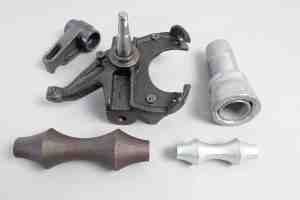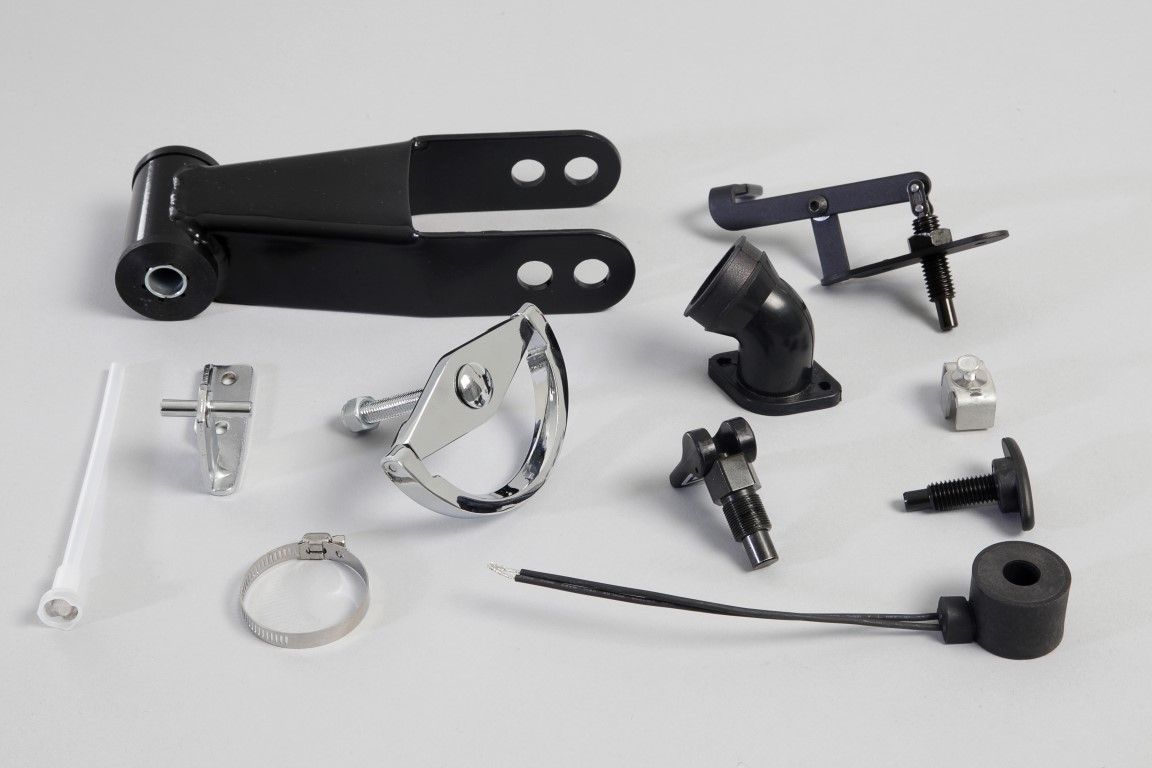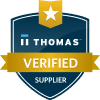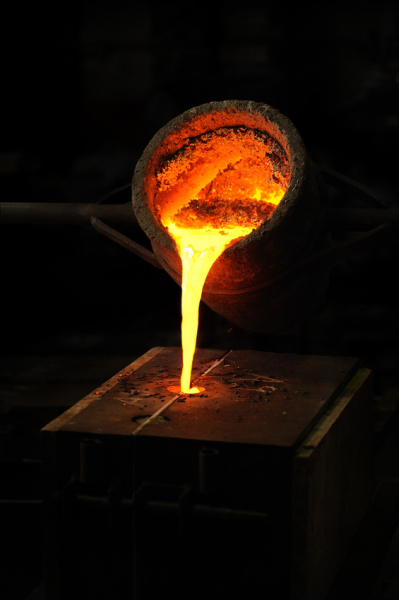
Metal Casting from Vetted Offshore Manufacturers
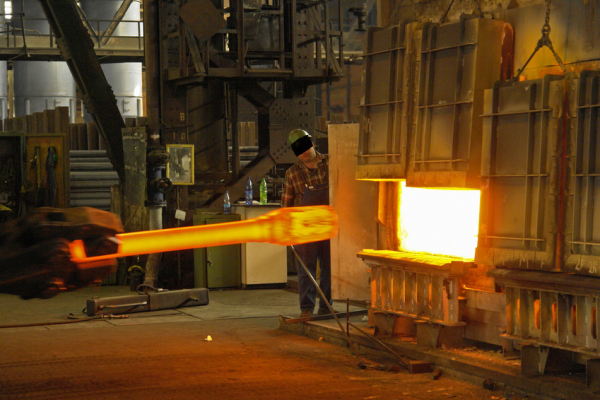
Offshore Sourcing for Metal Forging
The Differences Between Metal Casting and Metal Forging
With international sourcing services, we deliver high-quality metal castings and metal forgings to meet your requirements for custom components. We connect you with overseas manufacturers to provide solutions that offer benefits such as skilled labor, access to specialized equipment, and more affordable materials, alongside comprehensive project management, so you can focus on strengthening and building your business. By providing outsourced metal casting and metal forging services, we can help you source the parts you need with the process that best suits your requirements.
What is Metal Casting?
Metal casting uses molten metal poured or injected into a custom-made mold to produce components. After the metal cools and hardens, the finalized part shape can be processed and finished through additional machining or other techniques to achieve desired tolerances and finishes. There are a variety of casting methods to choose from, such as:
- Die Casting
- Sand Casting
- Investment Casting
To meet your specific requirements, the choice of method depends on factors such as the metal being cast, the geometry and dimensions of the part design, and other relevant considerations. Casting is a preferred process for creating complex metal parts, due to the fluid-like nature of molten metal filling a mold shape; it can also produce parts with internal cavities. However, melting down the metal breaks the grain flow of the material, causing it to lose some of its initial strength once solidified. There is no upper or lower size limit for cast parts, making it an ideal choice for small to large components.
Advantages and Disadvantages of Metal Casting
Metal Casting Advantages |
Metal Casting Disadvantages |
|
• Accepts higher tolerances for more detailed part designs |
• May exhibit higher surface porosity and contain unintentional voids |
|
• Creates solutions closer to net-shape parts, requiring less secondary processing |
• Cannot withstand as much pressure or frequency of impact compared to forged parts |
|
• Can be more lightweight than otherwise-identical forged parts |
• Requires additional operator monitoring and interaction to maintain quality and prevent defects |
|
• Easier and less time-consuming process for the modification of part designs and accompanying molds |
|
What is Metal Forging?
Metal forging uses massive compressive forces to shape a solid piece of metal into a desired configuration. Raw materials are forced under thousands of pounds of pressure into a die to give the part its shape; however, post-forging parts require significant machining and processing to reach the final shape, dimensions, or finish. We provide sourcing for many types of metal forging, including:
- Hot Forging
- Cold-Headed Forging
- Open-Die Forging
- Closed-Die Forging
- Aluminum Forging
- Steel Forging
The right forging method for your project depends on the material being worked with, as well as the application or use of the components. Due to the high pressures of the forging process, this method causes metallurgical recrystallization and grain refinement that conforms to the shape of the part, resulting in mechanically stronger components with greater impact strength, shear strength, and wear resistance.
Advantages and Disadvantages of Metal Forging
Metal Forging Advantages |
Metal Forging Disadvantages |
|
• Offers better structural integrity and increased mechanical strength due to altered grain structure |
• Challenging to achieve tight tolerances due to the nature of the process |
|
• Delivers cost savings through reduced material scrap and labor requirements |
• May require various secondary processes to meet final design specifications |
|
• Eliminates surface porosity, cavities and voids, and discontinuities with the forging process |
• Limits the intricacy of shapes that can be produced |
|
• Features greater reliability and consistency in ductility, known yields, and increased strength |
|
Choosing the Right Manufacturing Process for Your Project
Depending on your project goals, either metal casting or metal forging may be better suited to your requirements. While casting is less expensive and more versatile, forging offers superior strength, wear resistance, and structural integrity to meet the needs of heavy-duty applications. For projects requiring low costs, exotic alloys, and complex geometries, casting offers the ideal solution; however, forging can be a better option for medium to large production runs.
International Sourcing Solutions for Forged or Cast Components
With numerous manufacturing partners across the globe, Sun Fast can source metal casting and metal forging services to meet your needs. Our process supports your operations with comprehensive, turnkey project management, coordinating every aspect of your outsourced manufacturing project through design, prototyping, production, packaging, and shipment for a wide range of custom products and solutions.
Contact Sun Fast for Global Sourcing of Metal Forging or Metal Casting Services
With decades of experience, Sun Fast International offers strategic global sourcing services to provide custom components for industrial and commercial OEMs. We work with international, skilled workers to deliver solutions that combine quality, expertise, and flexibility necessary for high-quality metal castings and forgings, conducting regular screenings and audits to ensure operations meet regulatory standards. You can trust we will select the right manufacturing partner for the job, providing you with the most efficient and cost-effective solution for your project requirements.
Contact us to discuss your project or request a quote today.


